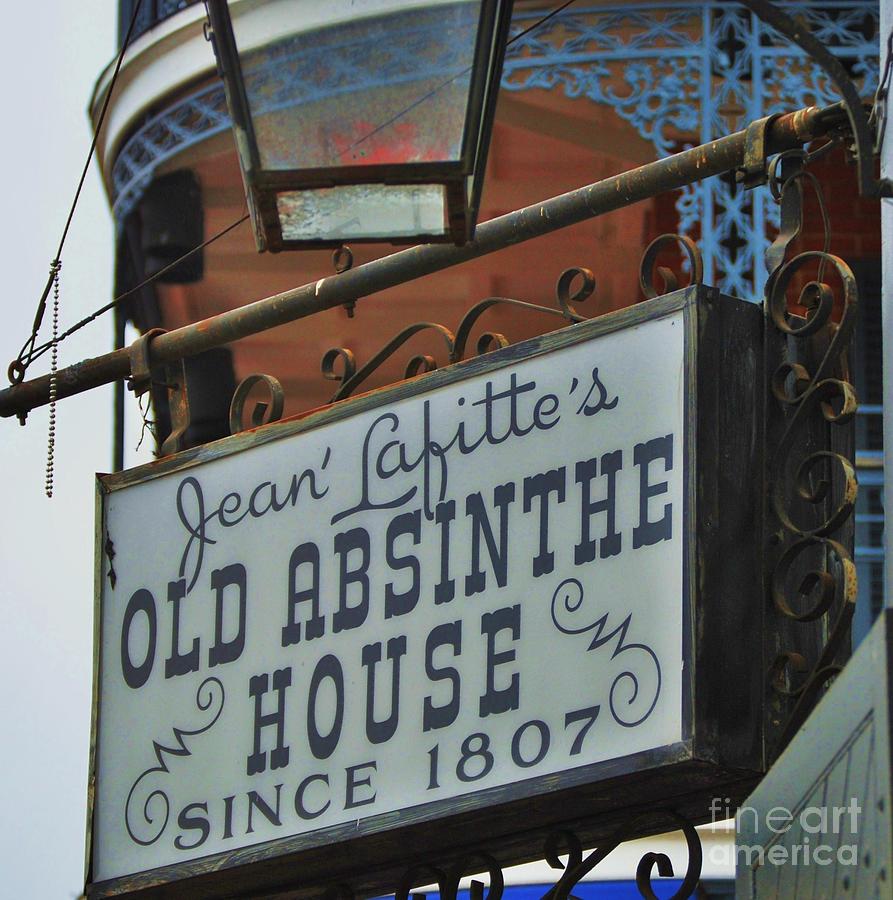Table Of Content

In those days, one went to a coffee house not just for coffee but for other vices as well. The bar became insanely popular in New Orleans, with tourists and locals alike often spending all night drinking. In 1846, Absinthe became hugely popular in New Orleans.
A Brief History of Scent With Saskia Wilson-Brown
But the most famous thing in the building is the bar itself. That man was known as “Uncle Tom,” which certainly gives us pause. But his job involved more than just scaring the tourists, which he did so well that the Absinthe House had to stop the act and ended up hanging the dummies in the corners of the barroom. He was also a sort of tour guide or docent, showing customers all the historical parts of the place, and took turns singing in the bar-room. Like Pichon, he was a large part of the public face of the Absinthe House. All of this was unusual for a French Quarter bar, if not unprecedented; it certainly wasn’t how they did things at Pat O’Brien’s.

Life Without Light: Creatures in the Dark With Sarah McAnulty
Ascend to Ghostbar on the third floor, and enter into the adjacent Absinthe Room where you can sip the green fairy from gorgeous glassware and oggle ornate absinthe spoons. Every Sunday from noon to close, the bar hosts a happy hour during which you can enjoy $6 Death in the Afternoon cocktails alongside absinthe-flamed lamb chops and shrimp. The entire city of New Orleans is haunted, from ghosts and vampires to witches and zombies; the Big Easy is the place to be if you’re a paranormal freak of nature.
The Secret Society Lounge, Portland, OR
Ollie's Public House Orlando - Orlando Weekly
Ollie's Public House Orlando.
Posted: Wed, 27 Mar 2024 07:00:00 GMT [source]
History endures against the backdrop of a bustling, neon Bourbon Street. Vintage Paris collides with early 20th century Pacific Northwest vibes at this dimly lit cocktail den. Nestled inside a Victorian-era hall that’s part ballroom and part recording studio, Secret Society Lounge features local distillers and winemakers in addition to a well-rounded absinthe list.
Despite that—or perhaps because of it—it remains an indelible icon, an ever-present reminder of the French Quarter’s place in history, and it will endure. The iconic white building on the corner of Bienville and Bourbon Streets was initially erected by Pedro Front and Francisco Juncadelia of Barcelona to house their importing firm. For the next forty years, the store was home to the bartering of food, tobacco and Spanish liquor and functioned as an prototypical "corner grocery." On the day of the battle, the war had officially ended, but the news didn’t make it to New Orleans. The Americans were outnumbered, outclassed, and outgunned. But the British executed their assault poorly, and Lafitte and his men brandished their exceptional artillery skills, preventing the Brits from taking the Mississippi River.
The Americans were vastly outnumbered, and they needed all the men they could get. Lafitte had recently suffered a heavy loss to the U.S. Jackson, on the other hand, came to New Orleans to prepare the city for battle and found it dangerously undefended. Lafitte’s ships sat empty in the New Orleans harbor, with not nearly enough men to man them. The first bar to occupy 240 Bourbon Street was built in 1752.
Futaba Cake Building
The sites, food, and drink of New Orleans intertwine for a feast of the senses - The State Journal-Register
The sites, food, and drink of New Orleans intertwine for a feast of the senses.
Posted: Tue, 21 Mar 2023 10:38:00 GMT [source]
Jean Lafitte’s ghost is never seen without his pirate hat, and some say they’ve seen Andrew Jackson hanging with the old pirate as well. The Old Absinthe House is the oldest bar in New Orleans, a city that has no shortage of old bars, and one of the oldest in America. This column has been exploring its history from its founding, back in 1841 (give or take), to the period at the turn of the last century when it was one of the most famous bars in America, to its struggles during Prohibition and the Great Depression. The Old Absinthe House is rumored to be the spot where future President of the United States Andrew Jackson met with French pirate Jean Laffite to work out a strategy to subdue British forces in what would be known as the Battle of New Orleans. Jackson had come to the second floor of The Old Absinthe House—then an importing firm, in the heart of the city’s French Quarter—to ask Lafitte if he would help man his ships and fight against the invading British forces.

Located on the corner of Rue Bourbon and Rue Bienville, the cooper-topped wooden bar captivates patrons as they sip their favorite beverages and the sights and sounds of the French Quarter trickle into this comfy tavern. Every time in the past that the Absinthe House had been sold, it went from one person to another. This time, it went to a corporation, the Old Absinthe House Co., a Brownsville, Texas, concern that was a subsidiary of the Newport Corporation.
But the Absinthe House survived, running a speakeasy at a nearby location. Locals say that “Everyone you have ever known or ever will know, eventually ends up at the Old Absinthe House.” The quote refers to the number of celebrities and politicians that have come through the doors of the bar, from Mark Twain to Robert E. Lee, to Frank Sinatra. Being such an old bar, it goes without saying that the Absinthe House is haunted. The ghosts of pirate Jean Lafitte, former president Andrew Jackson, and voodoo queen Marie Leveau have all been spotted. Patrons who try a world famous Absinthe House Frappe are sure to have an enhanced spiritual experience.
It fared quite well for about 36 years until the Great Friday Fire of 1788, which consumed the entire city of New Orleans. Ironically, the only part of the building that still stood was the fireplace, an eerie sight for former bar patrons. The show, most of which was filmed on the same tired Hollywood backlots where everything else was, lasted one season. The bell that the bartenders used to ring when they got a good tip was now augmented by an auto horn, for a bigger one, and a cannon, into whose muzzle they’d toss a firecracker when somebody really peeled off the bills. He was only 45 and was mourned by all who had ever met him. His siblings and, eventually, his son stepped in to guide the bar through this devastating loss, but by then the family’s focus was more and more on their restaurant, which, following Owen’s plan, they soon moved off Bourbon to the much more civilized Royal St., where it still is.
Like us on Facebook to get the latest on the world's hidden wonders. Follow us on Twitter to get the latest on the world's hidden wonders. Lafitte demanded full pardons for him and any of his men who participated in the battle. Three weeks later, Lafitte’s men and their unparalleled artillery skills easily repelled the British fleet as it advanced up the Mississippi River—their last attempt to gain a foothold on American soil—and effectively ended the War of 1812. Absinthe Frappe (Invented here by Cayetano Ferrer)Your choice of absinthe, simple syrup, soda water, chipped ice. Please refer to the Absinthe Drips Menu for available absinthes.
Back at the bar usual stuff went on—in 1982, two bartenders were booked for pandering. By then, most of the building was occupied by Tony Moran’s Italian restaurant. The Absinthe House title really only applied to the square barroom on the corner. In the late 1800s, bartender Cayetano Ferrer invented a wildly popular absinthe cocktail called The Absinthe House Frappe.
Take it straight with water from the drip or enjoy it in a classic cocktail like the Corpse Reviver #2. For those who choose to drink the bar’s signature Absinthe House Frappe, the hallucinatory powers of the Green Fairy might make the ghosts of the Absinthe House a little too real. Considering Jean Lafitte helped save America from the Brits at this very bar, it would be wrong not to find him here.

No comments:
Post a Comment